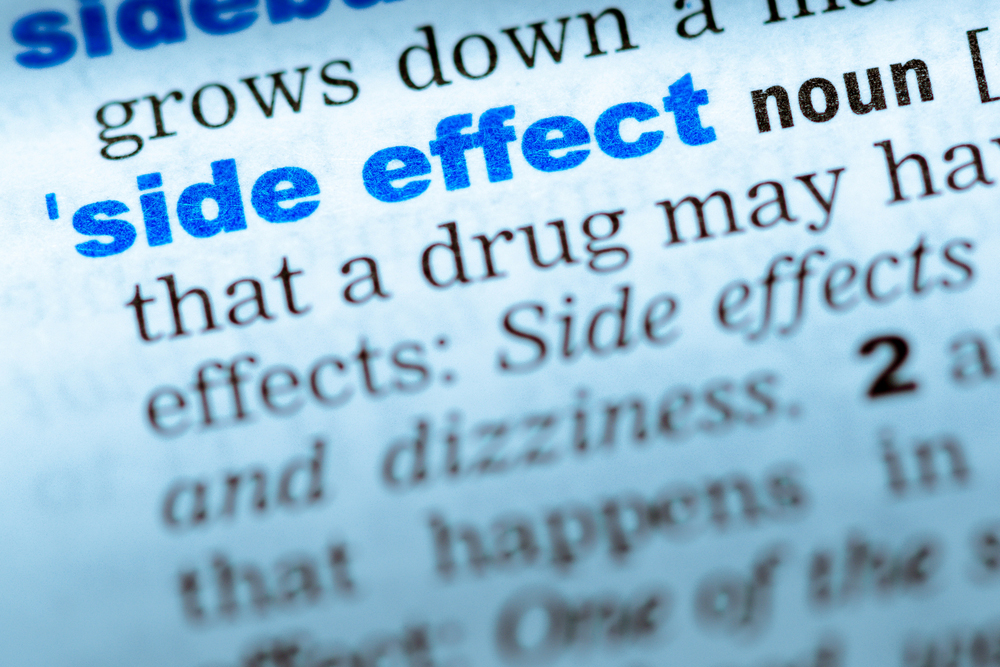Ketamine and Buprenorphine
Medications that are intended to serve useful purposes can sometimes create a problem for an individual who misuses them or becomes addicted to them. Ketamine and buprenorphine each have beneficial uses, but their use must be professionally monitored and supervised for the individual’s safety and well-being.
Ketamine
Since the 1970s, ketamine has been used as an injectable, short-acting anesthetic. It is referred to as a dissociative anesthetic because it has hallucinogenic effects, making a person feeling detached from their pain and from their environment. The drug can be abused and misused and can lead to physical and psychological dependence. An overdose of ketamine can result in dangerously slowed breathing and unconsciousness.
Buprenorphine
An integral part of medication-assisted treatment (MAT) for addiction, buprenorphine has been approved by the Food and Drug Administration (FDA) for the treatment of opioid dependence as well as for acute and chronic pain. The medication is a partial opioid agonist, which means that it acts on certain opioid receptors in the brain and provides relief from opioid withdrawal symptoms.
Buprenorphine has been shown to be effective in decreasing mortality rates in patients by approximately 50%. In addition, individuals treated with the medication show improved social functioning with increased retention in treatment (67% at one year) compared to drug-free treatment, as well as reduced criminal activity, lower rates of substance abuse, and a reduced risk of HIV and hepatitis infection.
Can Ketamine and Buprenorphine Be Mixed?
These two medications should be administered by a medical professional, particularly when they are used together. An individual should never mix ketamine and buprenorphine on their own. The state-of-the-art providers at Recovery Without Walls have the expertise needed to know how to administer the drugs for the benefit of individual patients.
Very few practitioners have expertise in this area. At Recovery Without Walls, our founder and medical director, Dr. Howard Kornfeld, has pioneered the use of buprenorphine for the treatment of chronic pain. In fact, he is one of just a few doctors in the US who understand the safe and effective use of buprenorphine and prescribe it as a frontline medicine.
Can Ketamine Help You Get Off Buprenorphine?
The use of buprenorphine can result in a dependence. Under the professional supervision of a medical profession, ketamine can help with the symptoms of withdrawal from medications such as buprenorphine. In one study, it was found that patients who were taking buprenorphine for the management of pain responded to ketamine treatment with a rapid improvement in their suicidal thoughts.
The study showed that buprenorphine did not block ketamine’s effects on suicidal thoughts. In fact, the patients’ suicidal ideations decreased after the first treatment with ketamine and resolved after the second treatment while maintained on buprenorphine. The researchers concluded that ketamine treatment could be provided safely to individuals with substance use disorders or with chronic pain – in a controlled and professionally monitored environment – while they are being maintained on buprenorphine.
Benefits of a Ketamine Taper for Buprenorphine
When managing a patient who is undergoing opioid withdrawal, one effective strategy is providing gradually tapering doses of opioid agonists such as buprenorphine. The use of tapering doses has been shown to be superior in terms of retention and opioid abstinence. Tapering can help relieve the withdrawal symptoms often involved in stopping the use of a medication, particularly when the individual has developed a dependence on it. A ketamine taper for buprenorphine can also help prevent subsequent relapse.
Contact Recovery Without Walls for Prescription Drug Help
Ketamine and buprenorphine are effective in treating certain conditions but should only be used under the supervision of a medical professional. Each has side effects that will need to be monitored, particularly when used together. Medication-assisted treatment at Recovery Without Walls involves much more than simply administering medications. Our effective treatment approach includes a combination of therapies such as meditation, talk therapy, exercise, and nutrition for a safe and healthy recovery.
We understand that it can be difficult and even dangerous to stop abusing prescription drugs without help. We are here to guide you through safe and effective withdrawal from prescription medications such as antidepressants. We personalize your treatment based on evidence-informed research, exceptional psychotherapy, nutritional support, and integrative healing methods designed to treat your whole body.
Book a free information session with our team to learn how we can help.
From our office in Mill Valley, CA, in the San Francisco Bay Area, our practice treats patients from around the world. Our staff includes a physician, a psychiatric nurse practitioner, psychotherapists, and recovery specialists who take a holistic approach toward designing customized treatment plans that can help you end your dependence and regain control.




